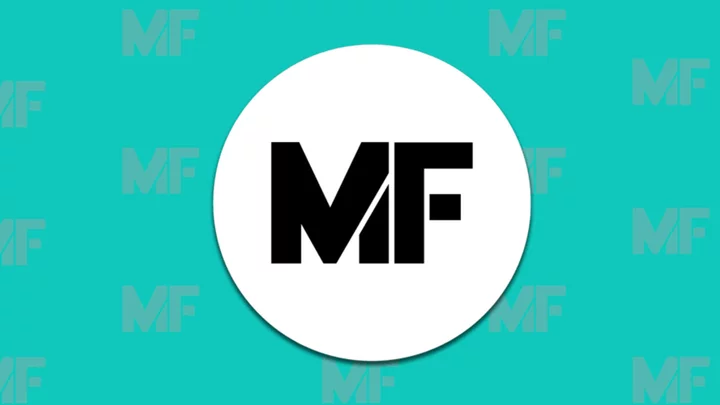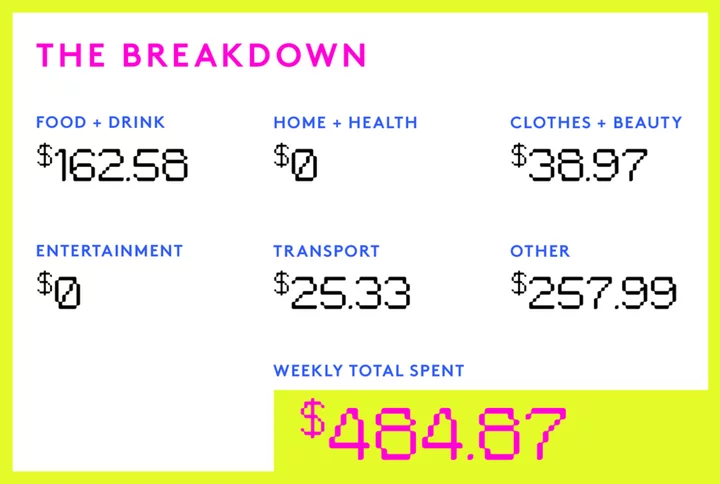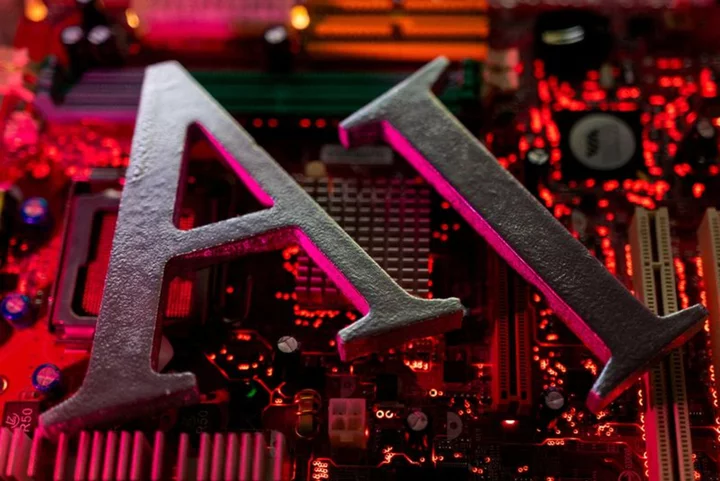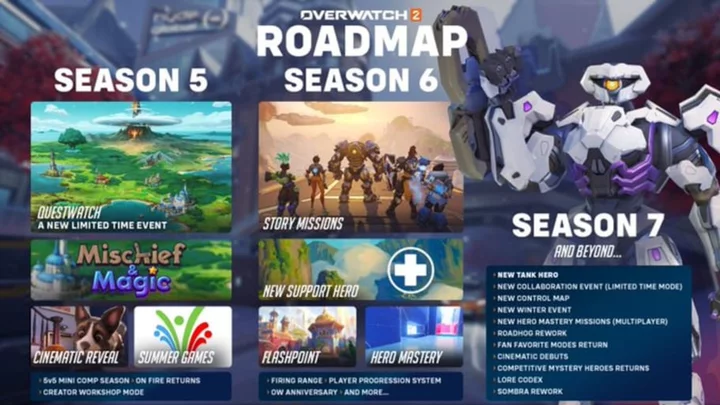
Amazing/Weird Period Board Game Teaches Kids About Menstruation
Move around the board with just a quick spin of the ovaries.
2023-10-23 21:23

US, Canada Cities Risk Smoke as Fires Still Burn: Weather Watch
The air quality is in the moderate range across most of the US Northeast and parts of Canada,
2023-06-12 20:19

Employee data leaked during British Library cyber attack
A cyber attack targeting the British Library has led to a leak of employee data, the institution said. The Rhysida ransomware group has claimed it has access to passports along with other data files. The group said it has started bidding in an auction for access at 20 bitcoin (around £600,000) on an online site. The British Library, which has one of the largest book collections in the world, previously reported that a “major technology outage” had hit online services, public wifi at the site and its website. Ransomware is the key cyber threat facing the UK, and all organisations should take immediate steps to limit risk by following our advice on how to put in place robust defences to protect their networks National Cyber Security Centre spokesperson It said in October that the National Cyber Security Centre (NCSC) and cybersecurity specialists were investigating. On Tuesday, an NCSC spokesperson said: “We are working with the British Library to fully understand the impact of an incident. “Ransomware is the key cyber threat facing the UK, and all organisations should take immediate steps to limit risk by following our advice on how to put in place robust defences to protect their networks.” The British Library, near St Pancras railway station, remains open and visitors can access the reading rooms for personal study. On Monday, the library posted a statement to X confirming internal HR files had been leaked. It said: “We’re continuing to experience a major technology outage as a result of a cyber-attack, affecting our website, online systems and services, and some onsite services too. “We anticipate restoring many services in the next few weeks, but some disruption may persist for longer. “Following confirmation last week that this was a ransomware attack, we’re aware that some data has been leaked. This appears to be from our internal HR files. “We have no evidence that data of our users has been compromised.” The Information Commissioner’s Office (ICO), the UK’s data protection watchdog, has confirmed it is looking into the breach. An ICO spokesperson said: “The British Library reported an incident to us and we are making inquiries.” Last week, the Federal Bureau of Investigation (FBI), Cybersecurity and Infrastructure Security Agency (CISA), and the Multi-State Information Sharing and Analysis Centre (MS-ISAC) warned about Rhysida. In a joint statement they said the group has launched attacks “against the education, healthcare, manufacturing, information technology, and government sectors since May 2023”.
2023-11-21 19:23

Starfield 1.7.33 Update Details
This is everything you need to know about Starfield's Update 1.7.33.
2023-09-26 02:22

Eaton signs global exclusive agreement for artificial intelligence-powered iQ-Cruise system that improves fuel efficiency and environmental sustainability
GALESBURG, Mich.--(BUSINESS WIRE)--Sep 14, 2023--
2023-09-14 18:56

A major change is coming for people who want to swear over text
Have you ever tried to swear over text, only to find that your intended expletive has been autocorrected to "ducking". Fear no more, because Apple has announced it will upgrade its autocorrect feature so people can swear away to their heart's content. “In those moments where you just want to type a ducking word, well, the keyboard will learn it, too,” said Craig Federighi, Apple’s software chief at the company’s annual Worldwide Developers Conference in Cupertino on Monday. We'll leave you to work out what word people really want to say when they end up writing "ducking"... Sign up to our free Indy100 weekly newsletter TechCrunch reported that iOS 17, which will roll out to the general public by September, will feature an upgraded autocorrect powered by AI. Over time, the AI model will learn to predict words and phrases that the iPhone user repeats, including swear words. Meanwhile, it comes as the company announced it was making a new mixed-reality headset, which caused quite the stir on social media. Big times for iPhone users and people with potty mouths, then... Have your say in our news democracy. Click the upvote icon at the top of the page to help raise this article through the indy100 rankings.
2023-06-06 17:47

US Warns Space Industry of Growing Risks of Spying and Satellite Attacks
The US intelligence community is warning the domestic space industry of the growing risk of espionage and satellite
2023-08-19 03:51

A Week In Austin, TX, On A $60,000 Salary
Welcome to Money Diaries where we are tackling the ever-present taboo that is money. We’re asking real people how they spend their hard-earned money during a seven-day period — and we’re tracking every last dollar.
2023-05-15 23:47

Generation AI: education reluctantly embraces the bots
By Barbara Lewis and Supantha Mukherjee LONDON/STOCKHOLM At leading Swedish university Lund, teachers decide which students can use
2023-09-07 16:49

Leap Launches New California Grid Services Program to Drive Revenue for Battery Storage Systems
SAN FRANCISCO--(BUSINESS WIRE)--Jul 27, 2023--
2023-07-28 04:55

EtaPRO® Ushers in a New Phase of Digital Transformation for Alba
AMHERST, N.Y.--(BUSINESS WIRE)--Jun 20, 2023--
2023-06-20 20:18

COP28 Chief Al Jaber Says Fossil Fuel Decline Inevitable
Sultan Al Jaber, the United Arab Emirates official tapped to lead United Nations climate change talks, said “the
2023-06-09 16:19
You Might Like...

Overwatch 2 Roadmap for Seasons 5, 6 and 7 Teased

Several robot vacuums are on sale ahead of Prime Day, including most of Roborock's newest models

GoDaddy Web Hosting Review

Redkey Will Launch the First "Smart Screen" Vacuum Robot Soon: Everything Can Be Achieved Without an App

Train your golf swing at home with this $190 simulator bundle

Nintendo Download: The Ol’ 1-2 Switcheroo

Get a refurbished Dell laptop for only $138

How tall is Nikocado Avocado? Mukbanger was once accused of abusive behavior by fellow YouTubers
